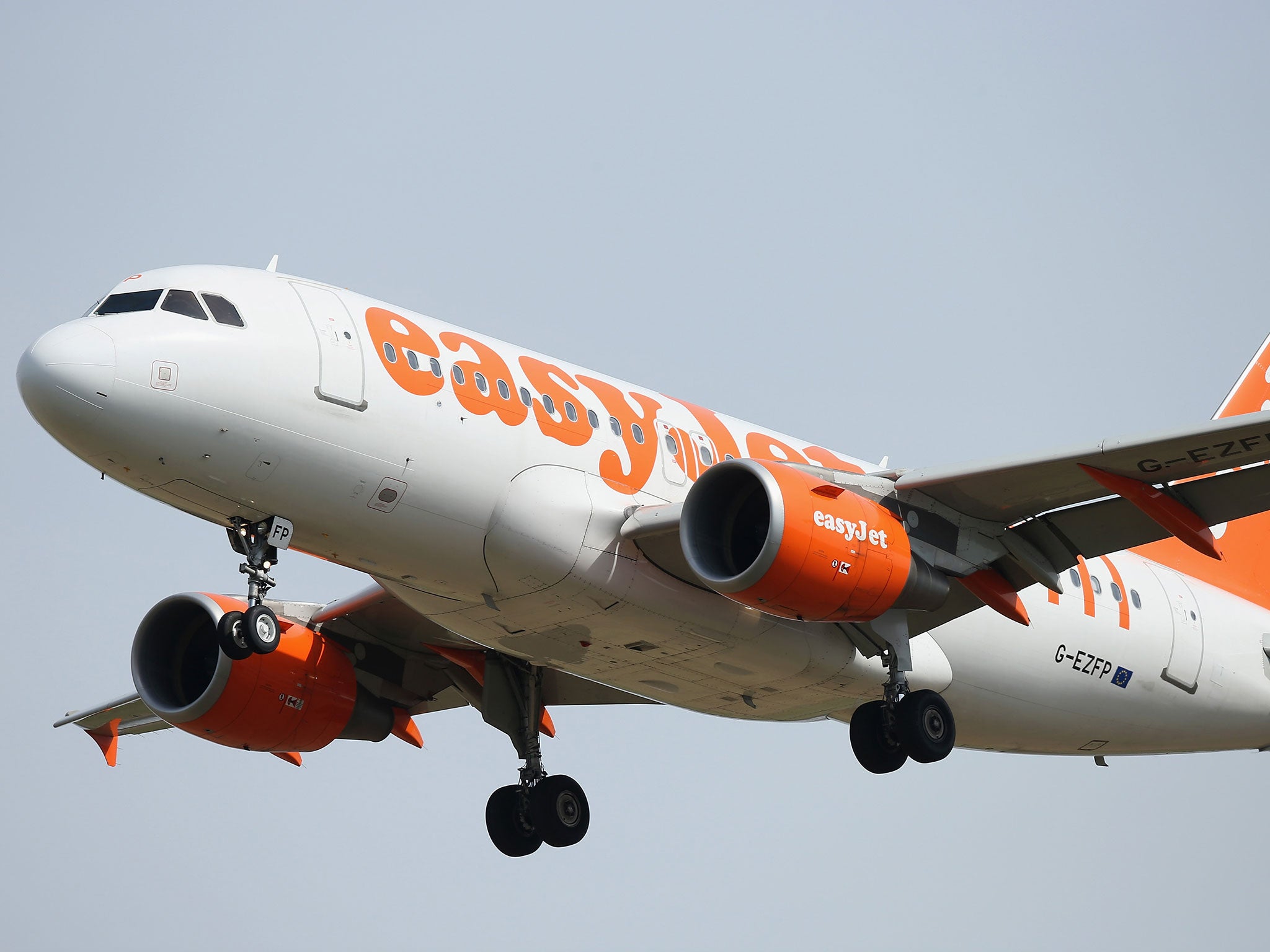Budget air travel loses its final luxury in inevitable push for efficiency
For the delayed or disorganised, the leeway permitted by airline gate crew gave holidaymakers a sporting chance of making their flight. No longer, as EasyJet clamps down on tardy travellers

Your support helps us to tell the story
From reproductive rights to climate change to Big Tech, The Independent is on the ground when the story is developing. Whether it's investigating the financials of Elon Musk's pro-Trump PAC or producing our latest documentary, 'The A Word', which shines a light on the American women fighting for reproductive rights, we know how important it is to parse out the facts from the messaging.
At such a critical moment in US history, we need reporters on the ground. Your donation allows us to keep sending journalists to speak to both sides of the story.
The Independent is trusted by Americans across the entire political spectrum. And unlike many other quality news outlets, we choose not to lock Americans out of our reporting and analysis with paywalls. We believe quality journalism should be available to everyone, paid for by those who can afford it.
Your support makes all the difference.For half-term holidaymakers, and many others, the now established "budget" airlines have always been something of a conundrum. They did, after all, revolutionise short-haul air travel, so that a family break in the more pleasant reaches of southern Europe came within easier reach; but they did it by depriving their passengers of some of the indulgences they might have previously expected.
Sometimes passengers felt these deprivations to be a fair exchange for low-cost travel, so they stumped up cash for a gin and tonic or a sandwich. Sometimes, as in the latest restrictions on gate access from easyJet, the changes seem harder to stomach.
As we reveal today, easyJet is introducing harsh new rules on the time allowed between. Arriving at security a little late and sprinting to the departure gate will no longer be permitted.
For the unavoidably delayed, forgetful or plain disorganised, the modest leeway permitted in the past gave holidaymakers a sporting chance of making their flight. That might have meant a heart-thumpingly chaotic dash with kids and bags adding to the challenge, but it also meant that a precious holiday could be saved from the perils of a motorway snarl-up, for example. Now machines that scan boarding cards will be programmed to refuse passengers access if they don't have at least half hour to spare before their flight. There will be tears.
The operational case for the change is unclear, given that easyJet has managed to run extremely efficiently, and safely, without such strictures for many years now. Of course, there are always fresh efficiencies to be won, for the ultimate benefit of passengers as well as shareholders – but not if such moves damage the already mixed reputation budget airlines enjoy with the public.
For the wealthy, all the traditional luxury, flexibility, even romance, of air travel can be had by paying to turn left rather than right as they enter an aircraft. For everyone else, there seems little in the way of improvements to the flying experience.
While consumers find that every year brings countless improvements to their smartphones, their cars and many other aspects of life, air travel generally seems to go in only one direction, with the airport VAT scandal – also first exposed by The Independent – only the latest in a litany of major and minor aggravations.
Passengers must wonder if these detriments in their journeys are really necessary, but they may in fact be inevitable. Few industries are as economically compromised as air travel.
In some sectors – and air travel is one – commercial life is, if anything, too competitive; there are too many carriers with too much spare capacity trying to make a living. In many parts of the world, "flag carriers" are often state-subsidised and regarded, eccentrically, as symbols of national virility. In others, notably the Gulf, air travel is seen as an infant industry that should be strategically supported with lavish state investment.
On many longer-haul routes there remain cosy archaic arrangements run for the benefit of carriers rather than their passengers. Add in volatile fuel costs and the ever-present threat of terrorism and the picture of a uniquely difficult activity is clear.
So it is that air travel, for businesses and consumers alike, is often anything but “easy”. The big issues in that complicate life in the skies will not be solved soon; but the littler things, such as a little leeway after check-in, surely can be.
Join our commenting forum
Join thought-provoking conversations, follow other Independent readers and see their replies
Comments